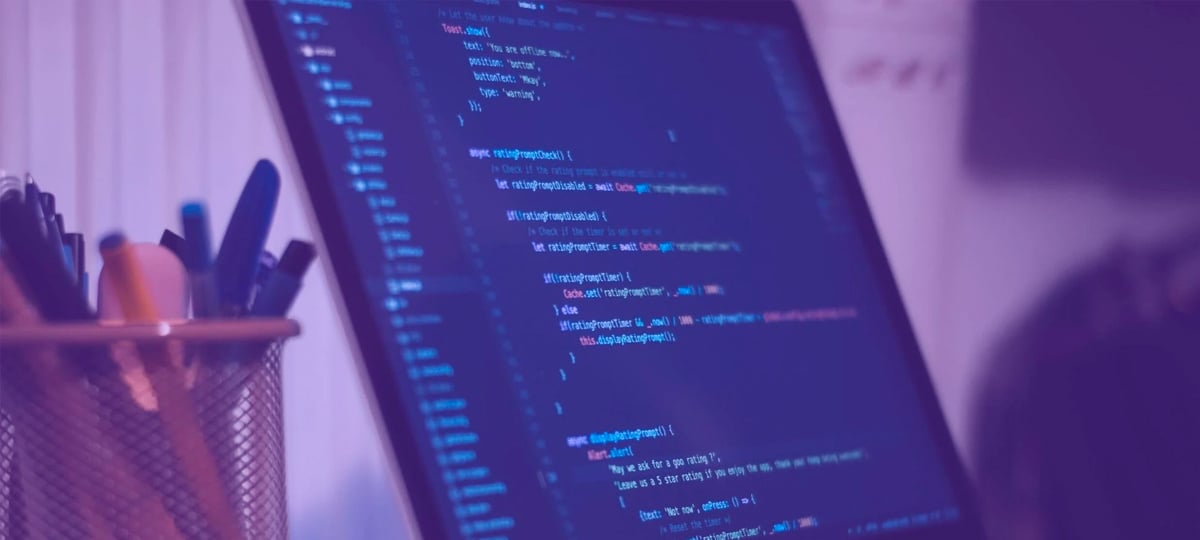
Too many people rule out programming as a second career because they believe they're too old to learn it. To a degree, it's easy to understand why. They see their nephews learn Python in middle school. They hear of Elon Musk selling a computer game at the age of twelve. They believe in the Silicon Valley stereotype of college dropouts starting billion-dollar tech companies.
But does that mean it's ever too late to learn how to code?
The answer is no. Programming isn't only for the young, and it's not too late to learn it if you're in your twenties, thirties, forties, fifties, sixties. Programming has been around for well over seventy years, ever since John Mauchly proposed Short Code in 1949 (and arguably since Ada Lovelace published the first algorithm in 1843), so it's not as if the discipline itself is new.
The reason why there are so many young people in tech is that programming is incredibly accessible. All you need to learn how to code is a computer and internet. You don't need to spend years learning theory, you don't need to go to college, and you don't even necessarily need to understand how a computer works.
But it's that same reason that makes it possible for you to learn how to code regardless of your age. If you set your mind to it and carve out dedicated time to study every day, you can learn a programming language and have an entry-level job as a computer programmer within a year.
You may believe that you'll stand no chance in the marketplace against younger programmers, but you're forgetting that you have work experience. Nearly all companies these days require programmers, including those from the industry you have experience in. And that's valuable.
For example, if you worked in a law firm before, you can make a compelling argument for why a law firm should hire you as a programmer: you understand the industry, its power dynamics, its stakeholders. A programmer's work is intricately connected with the business they work for. The better they understand it, the better the software they'll be able to write.
And that's not even talking about the soft skills you've built over your career. You know how to take initiative, how to give good feedback, how to communicate properly, how to settle disagreements, how to balance your time, et cetera. You're not less competitive in the marketplace simply because of your age. Often, the contrary is true.
Besides, the only person you should compare yourself against is you. Sure, the computer whizz-kid who's been programming since the age of five may be a better programmer than you will ever be, but does that really matter? There will always be someone better than you. What matters is whether you are better today than you were yesterday.
Of course, you have to really want it. It's not because anyone can learn how to code that it's easy to do so. You will need to make sacrifices, devote large chunks of your time to hard work, and accept that you'll be frustrated and uncomfortable several times on your journey. But that's no different than with anything else worth doing.
So the bottom line is this: being a programmer is a wonderful, remote-friendly career where you can work on satisfying problems with interesting people. It's never too late to learn the fascinating intricacies of a computer language.
TABLE OF CONTENTS



